As a teenager, your body is going through a lot of changes. You need to make sure you are getting enough of the right nutrients to support your growth and development. Vitamins are an important part of a healthy diet and can help you stay healthy and perform your best. Here are some of the best vitamins for teenagers.
What Are The Essential Vitamins For Teens?
That’s where vitamins come in. As a teenager, your body is going through a lot of changes. You need the right nutrients to support all the new growth and development.
There are many different vitamins that are important for teenagers, but some are more essential than others. Here are a few of the most important vitamins for teens:
Vitamin A: This vitamin is important for vision, immune function, and skin health.
Vitamin B12: This vitamin is important for energy production, red blood cell formation, and nervous system function.
Vitamin C: This vitamin is important for immunity, wound healing, and collagen production.
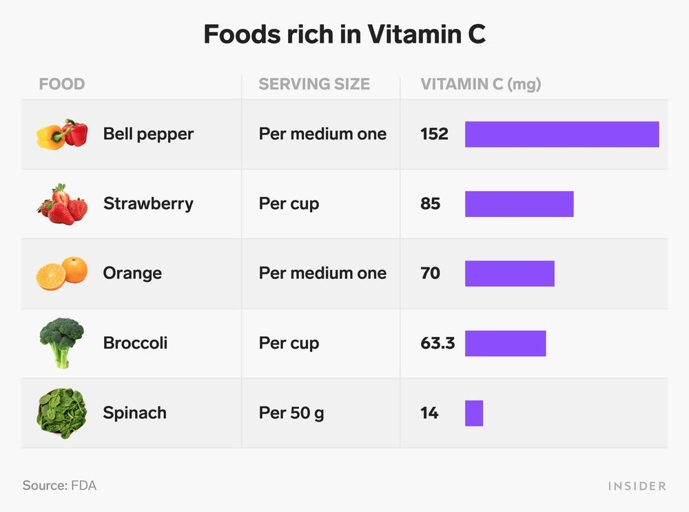
Vitamin D: This vitamin is important for bone health, immunity, and muscle function.
Vitamin E: This vitamin is important for skin health and protection against free radical damage.
The best way to get the vitamins your teenager needs is through a healthy diet that includes a variety of nutrient-rich foods. Getting enough of these essential vitamins can help support your teenager’s health and development.
VITAMIN A
Vitamin A is an essential vitamin for teens as it helps to support vision, the immune system, and skin health. Vitamin A is found in foods such as carrots, sweet potatoes, spinach, and kale.
VITAMIN B COMPLEX
Vitamin B complex can be found in a variety of foods, including meat, poultry, fish, eggs, dairy products, and whole grains. Vitamin B complex is a group of eight water soluble vitamins that play an important role in cell metabolism. The B vitamins are essential for teens because they help the body to convert food into energy, and are also involved in the production of red blood cells.
VITAMIN C
A lack of vitamin C can lead to scurvy, a disease characterized by fatigue, muscle weakness, and joint pain. It is involved in the production of collagen, which is essential for the development of healthy skin, bones, and connective tissue. Vitamin C also helps the body absorb iron, and is necessary for the immune system to function properly. Vitamin C is one of the most essential vitamins for teens.
VITAMIN D
Vitamin D can be found in fortified milk, eggs, and fatty fish such as salmon. A lack of vitamin D can lead to a condition called rickets, which can cause deformities in the bones. Vitamin D is an essential vitamin for teens, as it helps to build strong bones and teeth.
VITAMIN E
Vitamin E is important for many bodily functions, including vision, reproduction, and the maintenance of healthy skin and hair. It is also available as a dietary supplement. Vitamin E is a nutrient that is found in many foods.
This means that it helps protect cells from damage. Vitamin E is an antioxidant. It also helps to boost the immune system.
The best way to get this nutrient is from food sources, such as: Teens need about 15 mg of vitamin E each day.
-Vegetable oils
-Nuts
-Seeds
-Green leafy vegetables
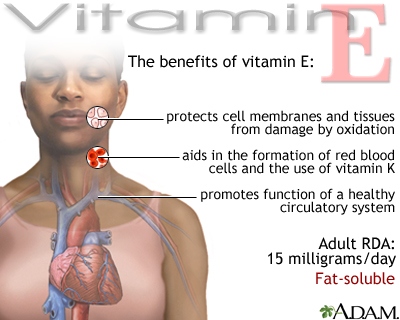
Vitamin E supplements are also available, but should be used with caution. Too much vitamin E can be harmful.
VITAMIN K
Vitamin K also helps with bone health, and since teens are still growing, it’s important to make sure they’re getting enough of this vitamin. Good sources of vitamin K include leafy green vegetables, broccoli, and Brussels sprouts. Vitamin K is important for teens for a few different reasons. For one, it helps with blood clotting, which is important for teens who are more likely to experience cuts and scrapes.
What Are The Essential Minerals For Teens?
You need to make sure you’re getting all the essential vitamins and minerals to support your health during this time. As a teenager, your body is going through a lot of changes.
magnesium helps with muscle and nerve function, and potassium helps to regulate blood pressure. Calcium is essential for strong bones and teeth. Iron is important for carrying oxygen in the blood and preventing anemia. There are a few essential minerals that are especially important for teenagers.
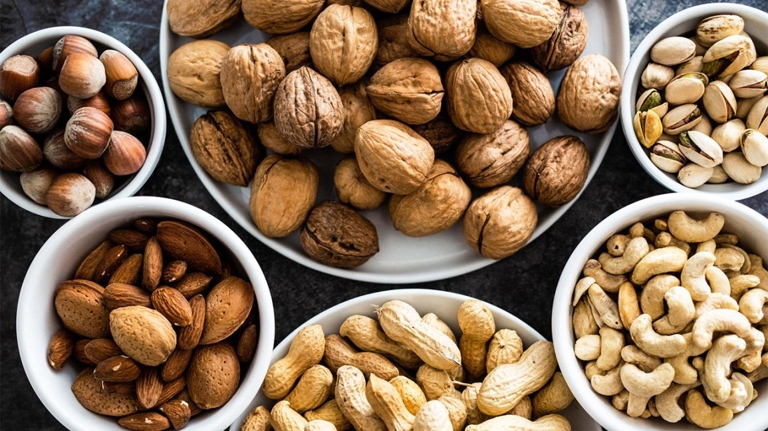
Make sure you’re getting enough of these essential minerals by eating a healthy diet and taking a daily multivitamin.
DHA (Omega 3)
The body can also convert ALA (alpha-linolenic acid), another omega-3 fatty acid found in plant oils, into DHA. DHA is an omega-3 fatty acid that is essential for the proper development and function of the brain, eyes, and nervous system. It is also important for the maintenance of heart health and blood pressure. DHA is found in fish oil, algae, and certain types of seafood.
ZINC
Zinc is an essential mineral for teens as it helps support their immune system, helps with wound healing, and is necessary for proper growth and development. Zinc can be found in foods such as meat, poultry, seafood, beans, nuts, and whole grains.
MAGNESIUM
Magnesium is a mineral that’s crucial to the human body.
Magnesium helps keep bones strong and is also involved in muscle contraction, heart rhythm, and nerve transmission.
A lack of magnesium can lead to muscle cramps, anxiety, migraines, and fatigue.
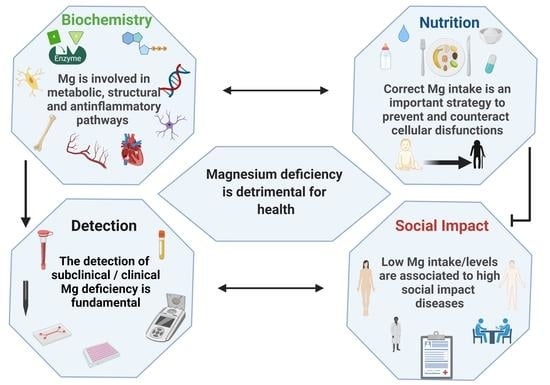
Teens need about 410 mg of magnesium a day.
Good sources of magnesium include dark leafy greens, nuts, seeds, and whole grains.
CALCIUM
It helps to build strong bones and teeth, and is also important for muscle contraction, blood clotting, and nerve function. Most teens need about 1,300 mg of calcium per day. Good sources of calcium include dairy products, leafy green vegetables, and calcium-fortified foods such as orange juice and cereal. Calcium is one of the most essential minerals for teens.
IRON
It’s necessary for the production of hemoglobin, which carries oxygen in the blood. Without enough iron, teens can develop anemia, which can lead to fatigue, weakness, and other problems. The best way to get enough iron is to eat a diet that includes iron-rich foods, such as lean meats, dark leafy greens, beans, and fortified cereals. Teens should also talk to their doctor about whether they need an iron supplement. Iron is one of the most essential minerals for teens.
SELENIUM
Selenium is a trace mineral that is essential for the proper functioning of the body. Selenium is also a powerful antioxidant, and it helps to protect the body from damage caused by free radicals. Selenium is found in many foods, but it is also available in supplement form. The recommended daily allowance for selenium is 55 micrograms for adults. It is found in small amounts in the body, and it is important for the metabolism of many enzymes.
COPPER
Copper is an essential mineral for teens as it helps the body form red blood cells and maintain a healthy nervous system. It also helps the body absorb iron, which is important for carrying oxygen in the blood. Copper can be found in foods such as beef, dark leafy greens, nuts, and beans.
MANGANESE
Manganese is a mineral that is found in many foods. Manganese is also needed for the body to make enzymes. It is important for the body to have manganese, but the body does not need a lot of it. Manganese is important for the metabolism of carbohydrates, proteins, and fats. It is also important for the health of the bones, skin, and blood. Enzymes are important for the body to break down food and to make new cells.
CHROMIUM
It helps the body metabolize carbohydrates and fats, and it helps regulate blood sugar levels. Chromium is found in many foods, including meats, poultry, fish, whole grains, and some fruits and vegetables. Chromium is an essential mineral for teens.
IODINE
A lack of iodine can lead to stunted growth and development, and can also cause goiters (enlarged thyroid glands). Iodine is an essential mineral for teens. Iodine is found in seafood, seaweed, eggs, and dairy products. It helps to regulate the thyroid gland, which is responsible for growth and development.
Safety Information: How To Choose The Best Vitamins For Your Teenager
That’s where supplements come in. vitamins are an important part of a healthy diet, but it’s not always easy to get the recommended daily amounts from food alone. As a teenager, your body is going through a lot of changes. You need the right nutrients to support your growth and development.
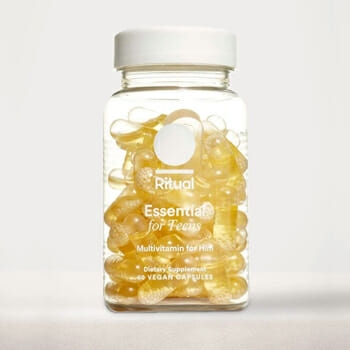
If you’re considering taking vitamins, it’s important to choose the right ones. This section will provide some tips on how to choose the best vitamins for your teenager.
What Is The Best Multivitamin For Teens?
The best way to do this is to take a daily multivitamin. As a teenager, your body is going through a lot of changes. You need to make sure that you are getting enough vitamins and minerals to support your growing body.
There are a lot of different multivitamins on the market, so it can be hard to know which one to choose. Here are a few things to look for when choosing a multivitamin for teenagers:
• Make sure the multivitamin is specifically designed for teenagers.
• Look for a multivitamin that contains 100% of the Daily Value (DV) for all the essential vitamins and minerals.
This will make it easier for your body to absorb the nutrients. • Choose a multivitamin that comes in a chewable tablet or liquid form.
• Avoid multivitamins that contain artificial colors, flavors, or sweeteners.
• Look for a multivitamin that is certified organic, non-GMO, and gluten-free.
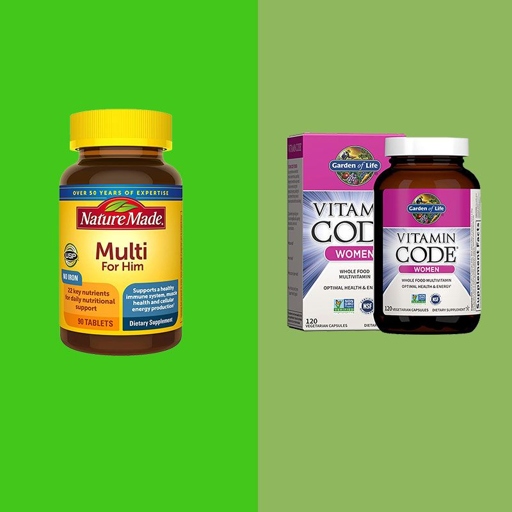
Taking a daily multivitamin is a great way to make sure your teenage body is getting the nutrients it needs. By following the tips above, you can find the best multivitamin for teenagers.
Top 3 Overall Multivitamin For Teens
The three most important vitamins for teens are Vitamin A, Vitamin C, and Vitamin D. There are many different types of vitamins and minerals that are important for teens. However, some are more important than others.
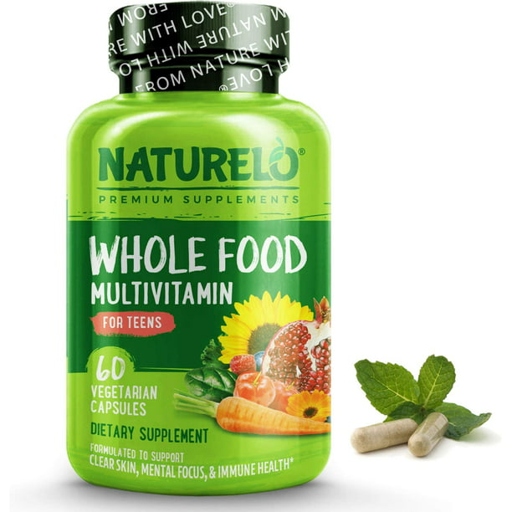
It also helps the body to absorb calcium. Vitamin A is important for teens because it helps to keep skin and eyes healthy. It also helps to boost the immune system. Vitamin D is important for teens because it helps to build strong bones and teeth. Vitamin C is important for teens because it helps to protect cells and keep them healthy. It also helps the body to absorb iron.
Teens should make sure that they are getting enough of these vitamins by eating a healthy diet and taking a daily multivitamin.
Top 3 Multivitamin For Teen Girls
However, there are a few things that you should look for when choosing a multivitamin for teens. Second, you should look for a multivitamin that contains all of the essential vitamins and minerals that teen girls need. First, it is important to make sure that the multivitamin is specifically designed for teen girls. There are a lot of different multivitamins on the market, so it can be hard to know which one is the best for teen girls. Third, you should look for a multivitamin that is affordable and easy to find. This is because the nutritional needs of teen girls are different than those of adults or children.
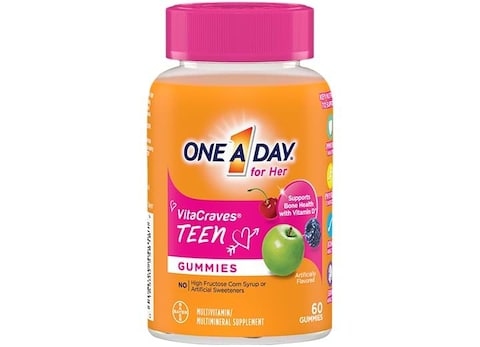
This multivitamin is also specifically designed for teen girls, and it contains all of the essential vitamins and minerals that they need. Another great option for teen girls is the Nature Made Teen Multivitamin. This multivitamin is specifically designed for teen girls, and it contains all of the essential vitamins and minerals that they need. It is also affordably priced and easy to find. One of the best multivitamins for teen girls is the Centrum Silver Teen Multivitamin. It is affordably priced and easy to find.
Top 3 Multivitamin For Teen Boys
It’s important to choose a multivitamin that is appropriate for your teen’s age. Some multivitamins are created for all ages, while others are geared towards a specific age group. There are a few things to consider when purchasing a multivitamin for a teen. The first is whether the vitamin is specifically designed for teens.
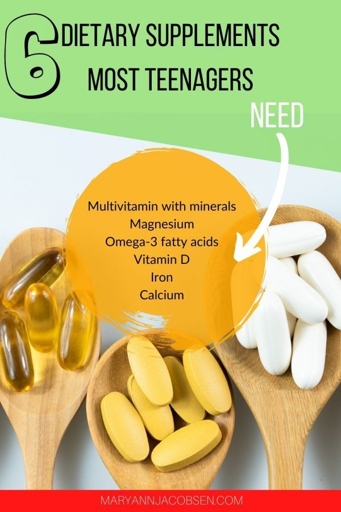
The second thing to consider is what ingredients are in the multivitamin. It’s important to choose a multivitamin that contains the right mix of vitamins and minerals for your teen’s needs. Some multivitamins contain more vitamins and minerals than others.
It’s important to find a multivitamin that is affordable for your family. Some multivitamins are more expensive than others. The third thing to consider is the price of the multivitamin.
Here are three of the best multivitamins for teen boys:
1. Centrum Silver Teen Multivitamin
2. One A Day Teen Multivitamin
3. Nature Made Teen Multivitamin
Be sure to read the labels carefully and choose a multivitamin that is right for your teen’s age and needs. These are just a few of the best multivitamins for teen boys.
Which Supplements Are Recommended For Vegetarian Teens
Here are some of the best vitamins for vegetarian teens: However, without careful planning, it can be lacking in certain nutrients. This is where supplements can play a role. A vegetarian diet can be a healthy option for teens.
Calcium
As a vegetarian teenager, you may not be getting enough calcium in your diet. The best way to get enough calcium is to eat calcium-rich foods or take a calcium supplement. Calcium is important for building strong bones and teeth, and for preventing osteoporosis. This is because calcium is found mostly in dairy products, which are not part of a vegetarian diet.
The amount of calcium you need depends on your age, but most teens need about 1,300 mg of calcium per day. Some good sources of calcium for vegetarians are dark green leafy vegetables, tofu, almonds, and calcium-fortified foods such as orange juice, cereals, and soy milk. If you are not getting enough calcium from food, you may need to take a calcium supplement.
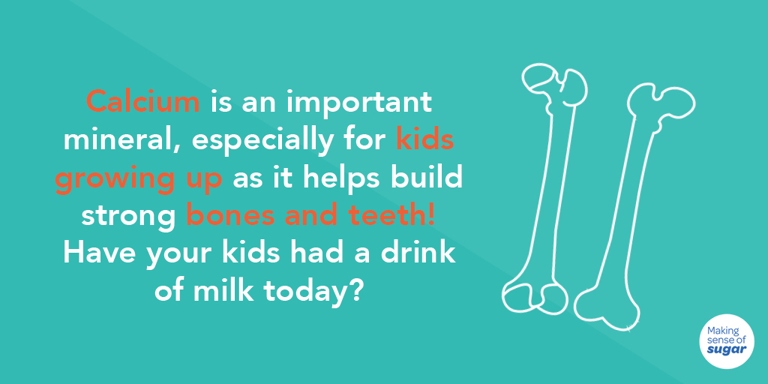
If you are a vegetarian teenager, talk to your doctor or a dietitian about the best way to get enough calcium.
Iron
The body absorbs iron from food better when it is taken with vitamin C. Vegetarian teens should talk to their healthcare provider about whether they need to take an iron supplement. Vegetarian teens may be at risk for iron deficiency anemia if they don’t get enough iron in their diet. Iron is an important mineral for vegetarian teens as it helps to form hemoglobin, which carries oxygen in the blood. The body needs iron to make new blood cells and to keep the immune system strong. Good sources of iron for vegetarians include dark leafy greens, legumes, fortified cereals, and whole grain breads.
Protein
Protein is an essential macronutrient that helps the body to grow and repair itself. It is found in every cell in the body and is necessary for the structure, function, and regulation of the body’s tissues and organs.
There are 20 amino acids that are essential for the human body, meaning that they cannot be produced by the body and must be obtained through diet. Protein is made up of amino acids, which are the building blocks of the body.
Vegetarian diets can be lacking in protein, especially if they do not include eggs or dairy. For vegetarian teens, it is important to include protein-rich foods in their diet and to supplement with a protein powder if necessary.
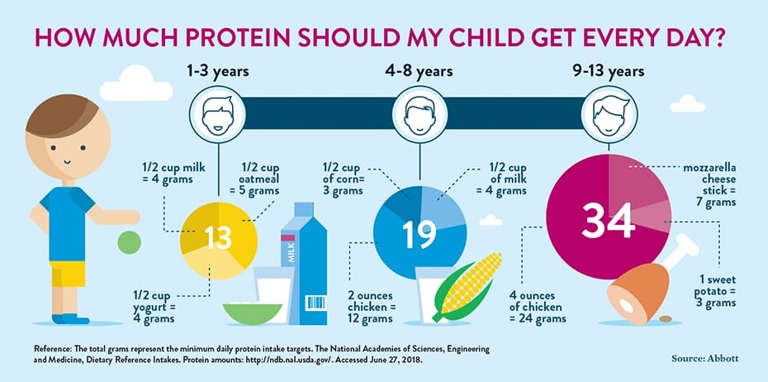
Whey protein is a popular choice, as it is easily digested and absorbed by the body. Protein powders are a convenient way to increase protein intake and are available in many different flavors. Other options include soy protein, rice protein, and hemp protein.
Protein supplements can be taken in the form of powder, bars, or shakes. They can be used to increase protein intake before or after exercise, or as a meal replacement.
Protein powders can be a convenient way to increase protein intake, and are available in many different flavors. Protein is an important nutrient for vegetarian teens to include in their diet.
Vitamin D
It helps the body absorb calcium, which is important for strong bones and teeth. Vitamin D is found in milk, cheese, and eggs. Vitamin D is important for many reasons. It also helps the body fight off infections. It is also made by the body when the skin is exposed to sunlight.
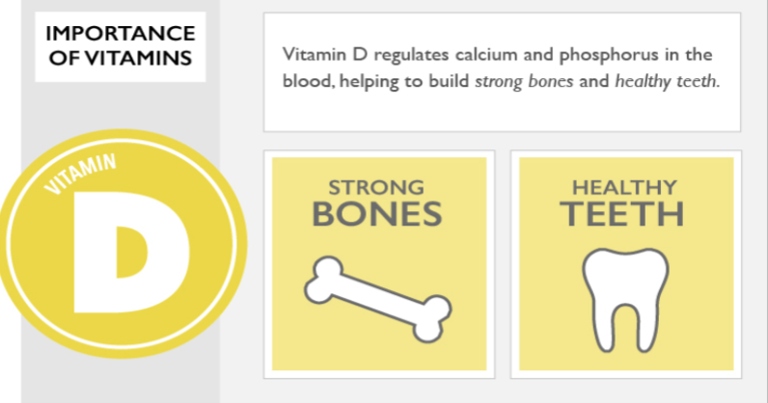
Good sources of vitamin D include: The best way to get enough vitamin D is to drink milk and eat foods that are fortified with vitamin D. Fortified means that vitamin D has been added to the food. Teens need about 600 IU of vitamin D each day.
-Fatty fish, such as salmon, tuna, and mackerel
-Beef liver
-Egg yolks
-Cheese
-Fortified milk, yogurt, and cereal
-Fortified orange juice
Teens who don’t eat meat or dairy products can get vitamin D by taking a supplement. The American Academy of Pediatrics recommends that all teens take a supplement that contains 400-800 IU of vitamin D each day.
Vitamin B12
This means that vegetarians and vegans may need to supplement their diets with vitamin B12. It is found naturally in animal products, but not in plants. Vitamin B12 is an important nutrient that helps keep the body’s nervous system functioning properly.
However, many teens may not be getting enough of these foods in their diets. For these teens, a supplement may be necessary to ensure they are getting enough vitamin B12. The best way to get vitamin B12 is through food sources like eggs, milk, and cheese.
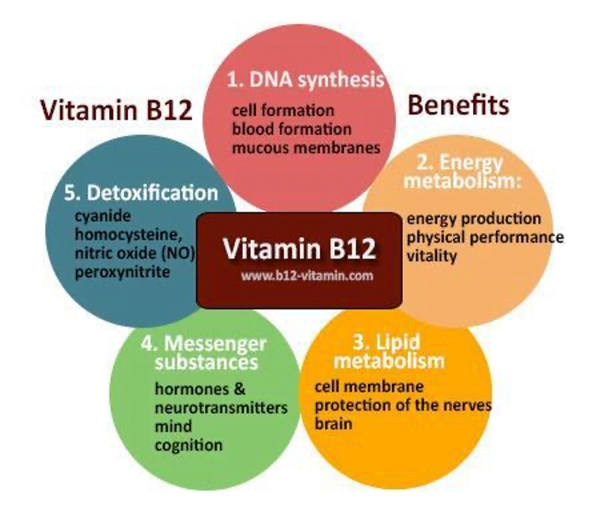
Vitamin B12 supplements are available in a variety of forms, including tablets, capsules, and injections. Talk to a doctor or registered dietitian to determine which form of vitamin B12 is best for you.
Omega-3 Fats
EPA and DHA are found in fatty fish, such as salmon, mackerel, and herring, and in fish oil supplements. There are a few different omega-3 fats, but the two most important for human health are eicosapentaenoic acid (EPA) and docosahexaenoic acid (DHA).
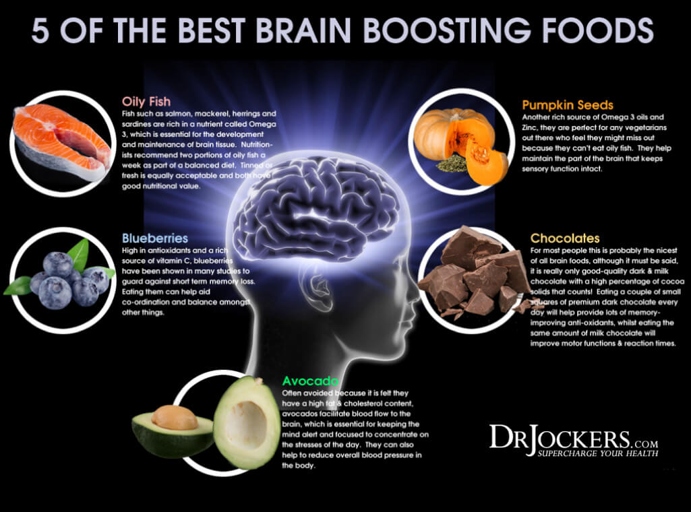
Vegetarian teens should consider taking a supplement that contains EPA and DHA. The body can convert some ALA into EPA and then to DHA, but the conversion is inefficient.
Omega-3 fats have many health benefits, including reducing inflammation and improving heart health. They are also important for brain development and function.
Which Vitamins And Supplements Are Recommended For Teens With ADHD?
You are growing and developing at a rapid pace, and your brain is working overtime to keep up. This can be a lot for your body to handle, and it can lead to a lot of problems. As a teenager, your body is going through a lot of changes. One of the most common problems that teenagers face is ADHD.
ADHD is a condition that affects the way your brain functions. If you have ADHD, you may feel like you can’t keep up with your peers. It can also lead to problems with your memory, mood, and sleep. It can make it hard to focus, pay attention, and control your impulses.
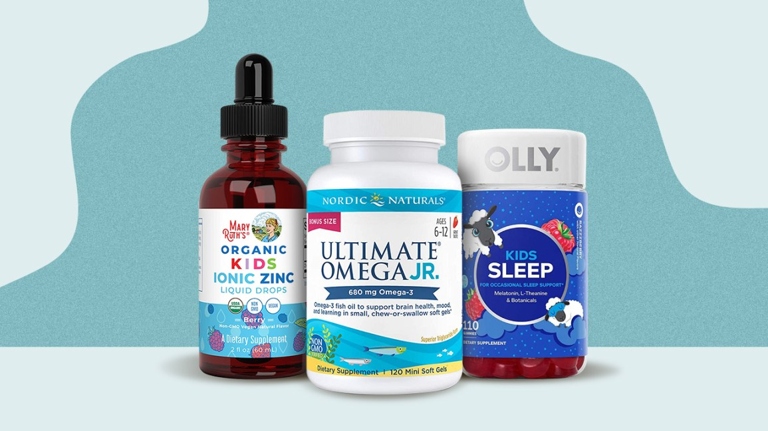
However, there are certain vitamins and supplements that can help. There is no one-size-fits-all approach to treating ADHD. Here are some of the best vitamins for teens with ADHD:
Omega-3 Fatty Acids
There are many different vitamins and supplements that are recommended for teens with ADHD. However, one of the most important vitamins for teens with ADHD is omega-3 fatty acids.
Omega-3 fatty acids have been shown to improve symptoms of ADHD, such as hyperactivity, impulsivity, and inattention. Omega-3 fatty acids are a type of fat that is found in fish oil. They are essential for the proper functioning of the brain and the nervous system.
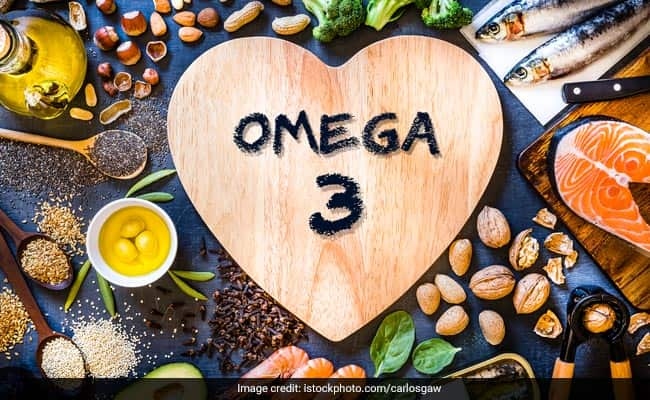
In addition to omega-3 fatty acids, other vitamins and supplements that are recommended for teens with ADHD include vitamin B6, magnesium, and zinc.
Zinc
Zinc is a mineral that’s important for growth and development, immune function, and hormone production. It’s also necessary for the senses of smell and taste. Teens need about 8-11 milligrams of zinc per day.
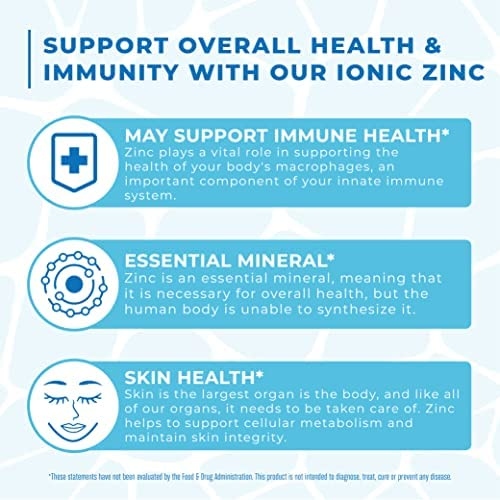
It’s also available in supplements. Zinc is found in a variety of foods, including meat, poultry, seafood, beans, nuts, and whole grains. If you’re considering taking a zinc supplement, talk to your doctor first.
Vitamin D
It is important for the body to absorb calcium and phosphorus, and it helps to maintain a healthy immune system. It can also be made in the body when the skin is exposed to sunlight. Vitamin D is found in food sources such as eggs, fish, and fortified milk. Vitamin D is a nutrient that is essential for good health.
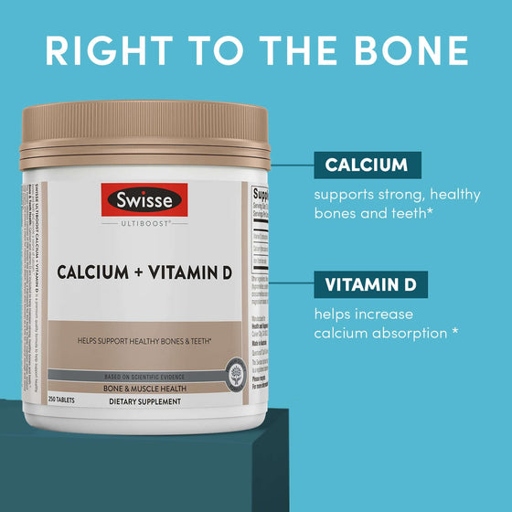
Vitamin D supplements are safe for most people, but it is always best to speak with a doctor before starting any new supplement. This is because vitamin D has been shown to improve symptoms of ADHD, such as impulsivity and hyperactivity. Teens with ADHD may benefit from taking a vitamin D supplement.
Iron
Iron is an essential mineral for human health. It is found in every cell of the body and is necessary for many biochemical processes, including the production of hemoglobin, which carries oxygen in the blood, and the metabolism of energy.
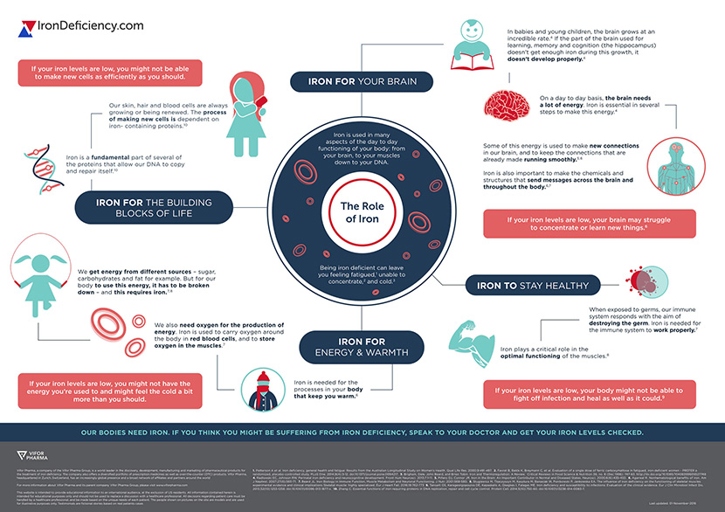
The recommended daily allowance (RDA) of iron for teenage girls is 15 mg per day. Iron deficiency is the most common nutritional deficiency in the world, and it is especially common in teenage girls.
The best way to get enough iron is to eat a diet that includes iron-rich foods, such as lean red meat, poultry, fish, beans, lentils, dark leafy greens, and iron-fortified cereals. Taking a daily multivitamin that contains iron is also a good way to ensure that you are getting enough of this important mineral.
Magnesium
Magnesium is a mineral that’s important for many body processes. It’s involved in more than 300 biochemical reactions in the body, including those that help to:
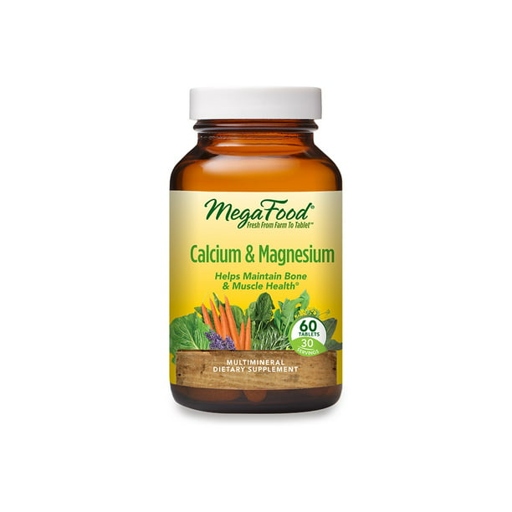
-maintain normal muscle and nerve function
-keep heart rhythm steady
-support a healthy immune system
-regulate blood sugar levels
-make energy
Magnesium is also needed for strong bones and teeth.
Good sources of magnesium include: Most teens need about 310-320 mg of magnesium a day. The best way to get the magnesium you need is from the foods you eat.
-dark green leafy vegetables, such as spinach
-beans and lentils
-nuts and seeds
-whole grains
-fish
Talk to your doctor before taking any supplements. If you don’t eat enough foods that contain magnesium, you may need to take a supplement.
What Are The Most Common Vitamin And Mineral Deficiencies In Teens?
As teens transition into adulthood, they often face new challenges that can lead to deficiencies in vitamins and minerals. Poor dietary choices, stress, and lack of sleep can all contribute to deficiencies. The most common deficiencies in teens are iron, calcium, and vitamin D.
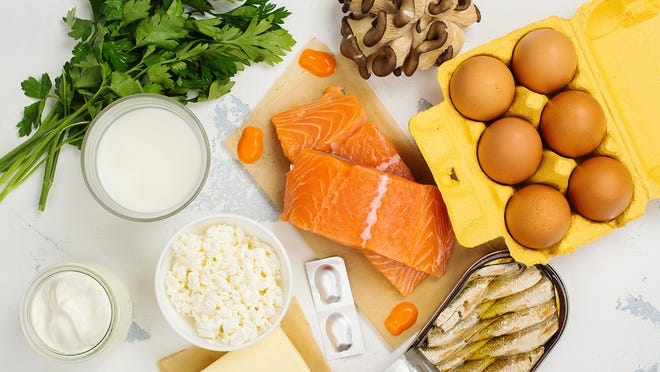
However, iron deficiency is one of the most common deficiencies in teens. Girls are especially at risk for iron deficiency due to menstruation. The best way to prevent iron deficiency is to eat a diet rich in iron-containing foods, such as lean red meat, dark leafy greens, beans, and iron-fortified cereals. Iron is essential for carrying oxygen in the blood and for proper growth and development.
Calcium is another important nutrient for teens. However, many teens do not get enough calcium due to poor dietary choices or lack of exposure to sunlight, which is needed for the body to absorb calcium. The best way to prevent calcium deficiency is to eat a diet rich in calcium-containing foods, such as dairy products, dark leafy greens, and calcium-fortified cereals, and to get regular exposure to sunlight. It helps build strong bones and teeth and helps with muscle contraction and nerve function.
However, many teens are deficient in vitamin D due to lack of exposure to sunlight. Vitamin D is important for bone health and for the absorption of calcium. The best way to prevent vitamin D deficiency is to get regular exposure to sunlight and to eat a diet rich in vitamin D-containing foods, such as fatty fish, fortified milk, and fortified cereals.
Vitamin Recommended Daily Allowance (RDA)
Here are the recommended daily allowances for vitamins for teens, according to the Institute of Medicine: Vitamins are an essential part of a healthy diet, and teens need a little more of some vitamins than adults do.
What Does IU Stand For On The Vitamin Bottle Label?
IU stands for International Units and is the standard measure for vitamins and other nutrients.
What Is The Difference Between 1000 mcg and 1000 mg?
1000 mcg is equal to 1 mg. So, if you’re talking about a supplement, 1000 mcg would be a very small amount and 1000 mg would be a very large amount. There is a big difference between 1000 mcg and 1000 mg. Mcg stands for micrograms and mg stands for milligrams.
Is It Better To Take Vitamins In The Morning Or At Night?
There is no definitive answer to this question as it depends on each individual’s needs and preferences. Ultimately, it is up to the individual to experiment and see what works best for them. Some people find that taking vitamins in the morning helps them to remember to take them regularly, while others find that taking them at night helps them to sleep better and wake up feeling more refreshed.
Do Teen Girls Need Additional Supplements?
Do Teen Girls Need Additional Supplements?

Speak with a doctor or dietitian to determine if additional supplements are necessary. Most teen girls do not need additional supplements, but there are some exceptions. For example, if a teen girl is a vegetarian or has a medical condition that affects her diet, she may need to take a supplement. Additionally, some teen girls may benefit from taking a multivitamin or vitamin D supplement.
Frequently Asked Questions
1. What are the best vitamins for teens?
There is no one-size-fits-all answer to this question, as the best vitamins for teens depend on the individual’s age, sex, health status, and diet. However, some general vitamins and minerals that are important for teens include iron, calcium, vitamin D, and vitamin C.
2. Why are vitamins and minerals important for teens?
Vitamins and minerals are important for teens because they help the body to grow and develop properly. They also play a role in many important bodily functions, such as metabolism, immunity, and cell repair.
3. What are some common signs of vitamin and mineral deficiencies in teens?
Common signs of vitamin and mineral deficiencies in teens include fatigue, weakness, poor appetite, and weight loss. If you are concerned that you or your teen may be deficient in any vitamins or minerals, speak to a doctor or registered dietitian.
4. How can teens get enough vitamins and minerals?
The best way for teens to get enough vitamins and minerals is to eat a healthy, balanced diet that includes a variety of fruits, vegetables, whole grains, lean proteins, and low-fat dairy. If you are concerned that your diet is not providing enough of certain vitamins or minerals, speak to a doctor or registered dietitian.
5. Are there any risks associated with taking vitamin supplements?
Yes, there are some risks associated with taking vitamin supplements, especially if they are taken in large doses. Vitamin supplements can interact with certain medications and may not be appropriate for people with certain medical conditions. It is always best to speak to a doctor or registered dietitian before starting any new supplement.
Final thoughts
Teens need vitamins to grow and stay healthy. The best vitamins for teens are vitamins A, C, and D. Vitamin A helps with vision and skin health. Vitamin C helps with immunity and wound healing. Vitamin D helps with bone health.